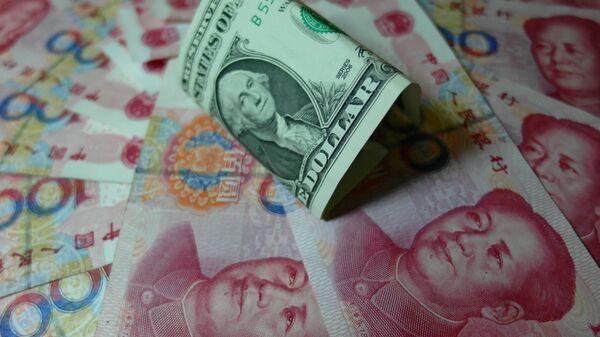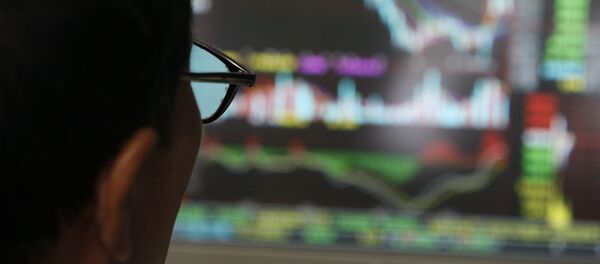An HSBC currency analyst suggests further depreciation of the currency towards 6.9 against the US dollar by the end of the year. However, this has not prevented the West – and Europe in particular – from doubling down on the currency.
Asia market analysts Miguel Otero-Iglesias and Nicola Casarini have explained what lies behind Europe’s investment in the renminbi.
“When the International Monetary Fund announced in December that the renminbi would join the US dollar, the British pound, the euro, and the Japanese yen in the currency basket underlying its unit of account, the Special Drawing Rights (SDR) basket, the decision was clearly political,” reads their analytical article on the issue on the website Project Syndicate.
“The US had argued for years that the renminbi should be included in the SDR only if China opened its capital account, let its currency float freely, and had a more independent central bank. None of this has happened,” the analysts note.
“But after China established the Asian Infrastructure Investment Bank with the support of Europe, the US agreed to drop its objections. After all, the SDR basket plays a minor role in global finance, and admitting the renminbi was seen as a small price to pay to keep China embedded in the Bretton Woods institutions,” the authors say.
Europe’s investment in the renminbi, they suggest, goes far beyond political symbolism.
“The currency’s inclusion in the SDR, it is hoped, will encourage China to liberalize its capital account further,” the analysts suggest.
“British Chancellor George Osborne has made it clear that he would like the City of London to be the most important offshore market for renminbi trading and services. It was no coincidence that during President Xi Jinping’s state visit to the United Kingdom in October 2015, China chose London to issue its first overseas renminbi sovereign debt,” the authors suggest.
“The rest of Europe is equally enthusiastic. Today, the continent is home to the largest number of renminbi bank clearings. Offshore renminbi hubs have emerged in Frankfurt, Paris, Milan, Luxemburg, Prague, and Zurich, and most of Europe’s central banks have added – or are considering adding – China’s currency to their portfolios.”
However, the analysts acknowledge that the timing for such a “romance” is not particularly good, as the currency is under speculative attack and the Chinese themselves are “losing confidence.”
“Europe’s efforts could succeed; but unless China makes its currency even more widely accessible and opens its market further, they are almost sure to fail,” they state.




